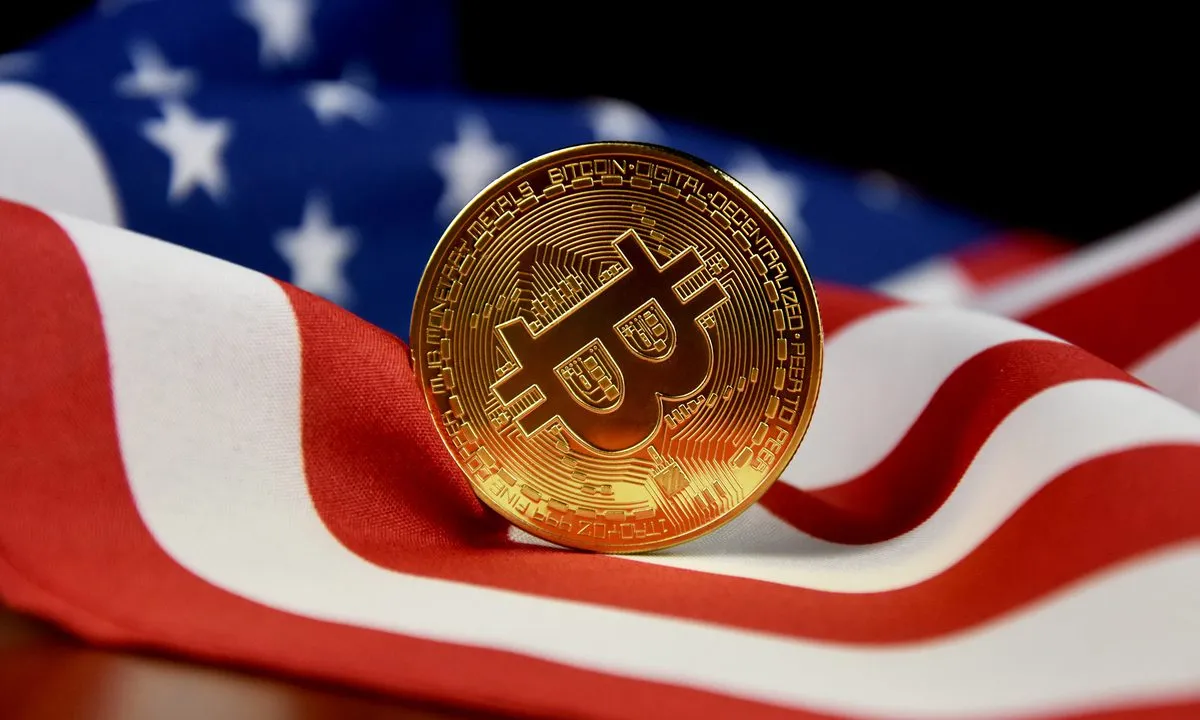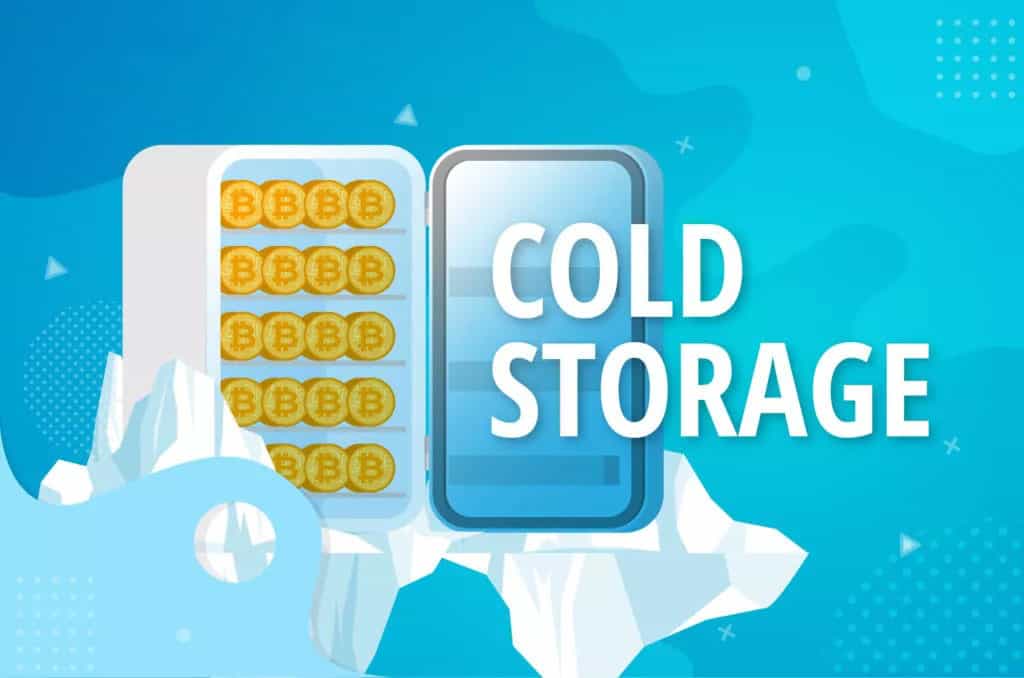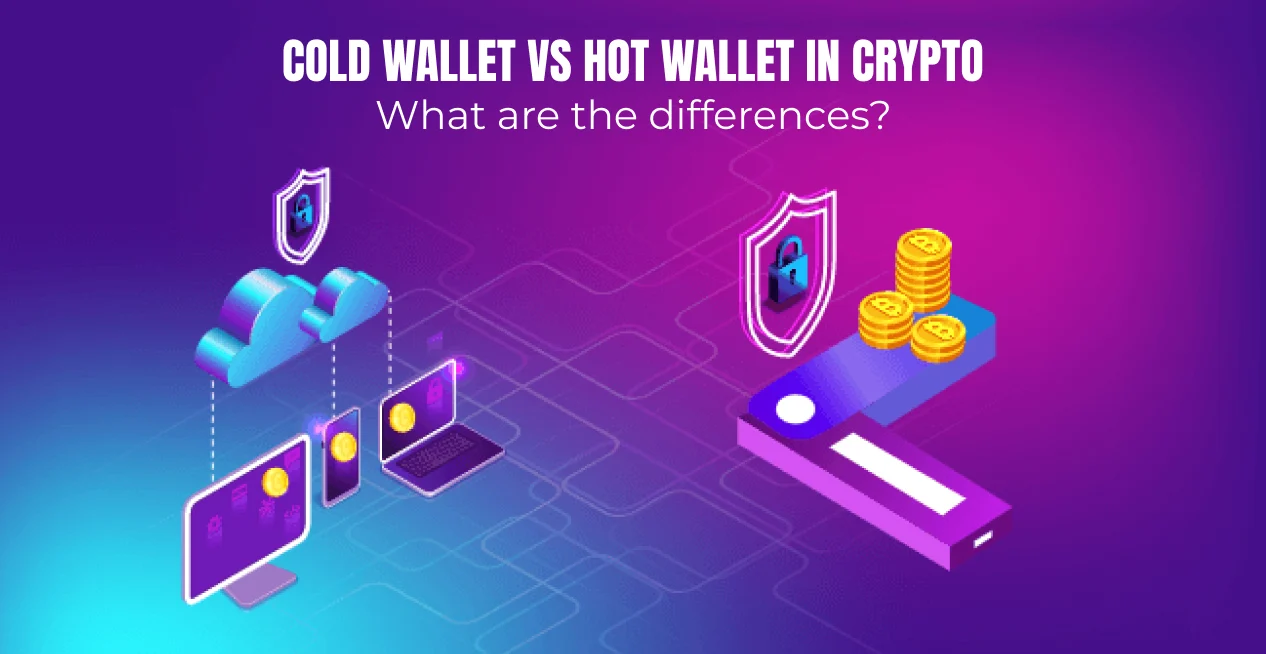Hot Wallets vs. Cold Wallets: A Rookie’s Guide to Cryptocurrency Storage Choices
Got crypto? You need a safe spot to keep it! Let’s talk about the difference between hot wallets and cold wallets for beginners. Hot wallets keep your crypto online, making it easy to trade and spend. Think of it as your crypto-pocket, ready at a click. Cold wallets, on the other hand, are like hidden treasure chests. Locked offline, they offer beefed-up security for your digital gold. Storing crypto doesn’t have to be hard. Stick with me, and I’ll walk you through what makes these wallets tick and how to pick the perfect one for your stash.
Understanding the Basics of Crypto Wallets
Hot Wallets Defined
Hot wallets are like your everyday wallets. They are always online. This means you can get to your money fast. But, because they’re always connected to the internet, they face more risks. Think about it this way: If your wallet is always open, someone could sneak in and grab your cash. That’s kind of how hot wallets work. They’re super handy, but you’ve got to be careful.
Hot wallets come in different forms. You can find them as apps on your phone, programs on your computer, or online services. They make trading and paying with crypto easy. Need to buy something quick or trade some coins? Hot wallets are ready to go in seconds. Yet, just like you wouldn’t walk around with all your savings in your pocket, it’s not smart to keep all your crypto in a hot wallet. Use it for the amounts you need for everyday stuff.
Cold Wallets Explained
Now, let’s talk about cold wallets. These are like a safe for your digital money. Cold wallets are not connected to the internet. This makes them super safe from hackers. No internet means no path for the bad guys to get in. It’s like having a vault where you keep your most precious things.
Cold wallets are mostly hardware wallets or paper wallets. A hardware wallet is a small device that can hold your crypto. You plug it into your computer, move your crypto onto it, and then unplug it. Your crypto is now offline and safe. A paper wallet is simply a piece of paper with your crypto keys printed on it. Both kinds are great for keeping your crypto safe for a long time.
With a cold wallet, you trade convenience for safety. It takes extra steps to get your crypto out compared to a hot wallet. This is just fine for savings or large amounts you don’t use daily. It’s a good choice if you want to make sure your crypto is secure. Remember, safekeeping your investments is key, and cold wallets are the way to go for that high level of security.
Let me give you a tip: Back up your cold wallet. It’s like making a copy of your house key. If you lose your wallet or it breaks, you can still get to your crypto with the backup. Safety doesn’t end with buying a hardware wallet. You must look after your backups too.
So, when you’re starting with crypto, think about how you’ll use it. Hot wallets are best for ease of access and daily trades. Cold wallets are your go-to for safeguarding your digital wealth. Understanding these wallet types is the first step in protecting your crypto coins. And protecting your coins is what being a smart crypto owner is all about.
The Pros and Cons of Hot and Cold Wallets
Benefits and Risks of Hot Wallet Usage
Hot wallets connect to the internet. They let you get to your money fast. This is their big win. Yet, connecting to the net can make them less safe. They can be hacked. This is their big risk. Trust me, in crypto, you must watch out for theft. I’ve seen many forget this, only to lose their digital gold. Hot wallets work on phones, computers, or online. You can trade or spend crypto in a snap. But remember, great risk can follow.
Learning how to keep these risks low is key. Always use strong passwords. Make sure your software is up-to-date. Don’t click on shady links! Keep small amounts in hot wallets, like what you’d have in a regular wallet. Move larger amounts to safer places.
Advantages and Drawbacks of Cold Storage
Now, cold wallets are offline. No net, no hack—that’s the thumb rule. They’re like a safe for your crypto. Hardware wallets and paper wallets fall under this type. They’re harder to use for quick buys or trades. Still, if your focus is on keeping your coins safe, they’re top-notch.
Cold wallets are best for folks with lots of crypto or those who plan to hold long-term. You set them up once and need not worry each day. They can also back up your crypto. If your hardware wallet is lost or broken, you can restore it if you have the backup, like a secret code.
But, cold storage has its downsides. It can cost money to buy a good hardware wallet. If you lose your secret codes and your wallet, your crypto is gone—forever. I always say, treat these codes like the keys to your house. Don’t lose them!
We must stay sharp with both wallet types. Hot wallets need constant vigil. Yet, they make everyday crypto use simple. Cold wallets keep your coins away from thieves. They take more effort and have their issues. Yet, they provide peace of mind.
Choosing between hot and cold is like picking a house. Do you want easy access with some risk? Or do you prefer strong locks, knowing you won’t come and go as much? Your choice depends on how you plan to use your crypto. It’s about trade-offs. Think on it well, ask an expert if unsure, and always go for the safest option you can handle.
In my role, I aim to make these concepts as clear as a bell. I want you to feel empowered when you choose. Remember, in the crypto world, security is king. Take it from me, understanding your wallet options can save you a big headache later.
Security Features of Hot vs. Cold Wallets
Encryption and Protection Measures in Different Wallet Types
Hot wallets connect to the internet. They’re like the wallet in your back pocket. You can get to your money fast. This is good for spending and trading on the go. Yet, hot wallets face risks like hacking because they’re online. To stay safe, they use secret codes called encryption. It scrambles your wallet info so only you can make sense of it. It’s like writing a note in secret code that only your best friend understands.
Cold wallets, though, stay offline. Imagine a vault that’s not easy to get to. That’s a cold wallet. It’s great for storing lots of coins safe from hackers. Cold wallets have keys too—private ones. Never share them! They’re the only way into your wallet. Cold wallets use strong encryption. This hides your money details even more than hot wallets.
Backup Strategies and Recovery Options
Stuff happens. Phones break; computers crash. With hot wallets, you must back up your secret keys. If you don’t, your coins could be lost forever. That’s why you write down your recovery phrases. These phrases are a list of words given when you set up your wallet. Like a backup key for your digital cash. Keep this list safe. Maybe even in a locked box.
Cold wallets also need a backup plan. It’s like having a spare key to your safe. You might have a USB stick or a special device. Or even paper with your wallet info. Like your hot wallet, write down your recovery words too. If your cold wallet gets lost or breaks, you can use another device and your words to get back in.
For both, remember one big rule: Keep your backups in a different place than your wallet. Think about it like not keeping your house key and address together. If a bad guy gets them both, you’re in trouble. Keep things apart for safety.
Now, knowing these secrets, you’re already on your way to being a crypto pro! Always think about which wallet is right for you. How often do you trade? How much peace of mind do you need? Your answers will help you choose. Remember, taking care of your coins is just as important as picking them. If you safeguard them right, they can grow over time and be there when you need them most.
Selecting the Right Wallet for Your Cryptocurrency
Factors to Consider When Choosing between Hot and Cold Wallets
When you jump into the world of cryptocurrency, picking where to keep your digital coins is key. Think of wallets like pockets. A hot wallet is like a back pocket. It’s easy to reach, but someone could snatch your cash. A cold wallet is more like a safe. It’s harder to get into, but your money is more secure.
Hot wallets connect to the internet. They let you access and spend your crypto with ease. But, they can face threats from hackers. Cold wallets stay offline. This keeps your crypto safe from online attacks. But, they might not be as easy to use for buying and selling as hot wallets are.
Beginners often ask, “Which one is better for me?” Good question! If you plan to spend crypto like cash or trade often, a hot wallet’s quick access is handy. If you’re looking to save up long term, cold wallets’ top-notch security is a plus.
Safety is a big deal when picking a wallet. If online threats worry you, go cold. If you’re okay with some risk for convenience, a hot wallet could be your friend. Just remember, no matter your choice, always keep your password and keys safe. Losing them is like losing your wallet with everything inside it!
Recommended Providers for Hot Wallets and Reliable Cold Storage Solutions
Finding where to get a wallet can be tricky. Let’s talk about hot wallets first. Look for trusted names like Coinbase, or Blockchain.info. These hot wallets are popular. They offer a good mix of ease and some safety features.
Now, for cold wallets, we’re talking hardware like Ledger or Trezor. These are like mini vaults for your crypto. They might cost you some money up front, but the security they give is worth every penny.
Another reliable cold option is a paper wallet. It’s a piece of paper with your crypto keys printed on it. No hacking threats there! Just don’t lose it, or let it get damaged.
When sorting through options, think about how you’ll use your crypto. Also, weigh how much risk you’re willing to take. Then, choose a wallet provider that matches your needs and trust level. For both hot and cold wallets, check out user reviews and dig into their security details. Make sure they can keep up with any sneaky threats.
With all these tips, setting up your new wallet should be a breeze. Keep your coins safe, and always stay sharp about how you handle your digital treasure!
In this post, we talked about crypto wallets – the hot ones that are easy to use and the cold ones that are super safe. Hot wallets are great if you want to spend your coins fast, but they are not as safe. Cold wallets are like a strong safe. They keep your crypto locked away, but they’re not as quick to open.
We also checked out the good and bad things about both wallet types. Hot wallets are handy but can be risky, while cold wallets are secure but a bit slow. We learned about safety stuff, like locks and codes that keep wallets safe, and ways to get your coins back if something goes wrong.
When picking a wallet, think about how you’ll use it. Do you need speed or safety? We even talked about where to find good hot and cold wallets.
Remember, the right wallet for you depends on how you’ll use your crypto. Stay smart, pick what fits your needs best, and keep your digital coins safe. That’s the way to enjoy the crypto world without worry!
Q&A :
What is the basic difference between hot wallets and cold wallets?
Hot wallets refer to cryptocurrency wallets that are connected to the internet, making them more convenient for quick transactions but also more vulnerable to online threats. Cold wallets, on the other hand, are offline storage solutions, like hardware wallets or paper wallets, offering superior security by keeping your private keys away from potential online hacks.
How safe are hot wallets compared to cold wallets?
Cold wallets are typically considered more secure than hot wallets due to their offline nature, which shields them from internet-based attacks. Hot wallets, while user-friendly for daily transactions, remain susceptible to security breaches through malware, phishing, or hacking incidents. For ultimate security, many users keep a bulk of their assets in cold storage, using hot wallets for small, active amounts.
Can you give examples of hot wallets and cold wallets?
Examples of hot wallets include mobile and desktop wallets, as well as online wallets provided by exchanges like Coinbase or Binance. These platforms allow for swift and convenient access to funds for trading or payments. Cold wallets are exemplified by hardware wallets such as Trezor and Ledger, and paper wallets, which are simple printouts containing a wallet’s keys.
For a beginner, which type of wallet is best to start with?
Beginners may find hot wallets to be more accessible due to their ease of use and the ability to quickly engage with cryptocurrency transactions. However, it’s crucial for those just starting to understand the importance of secure password practices and remaining vigilant against phishing. As holdings increase or for long-term storage, transitioning to cold wallets is advisable.
What should I consider when choosing between a hot wallet and a cold wallet?
The decision to choose between a hot wallet and a cold wallet should be based on your transaction habits, investment size, and need for security. If you’re doing a lot of trading or small, everyday transactions, a hot wallet is more convenient. On the other hand, if you plan to hold cryptocurrencies as a long-term investment or have significant amounts, the enhanced security of a cold wallet is preferable. Consider factors like cost, ease of use, supported currencies, and the reputation of the wallet provider.



